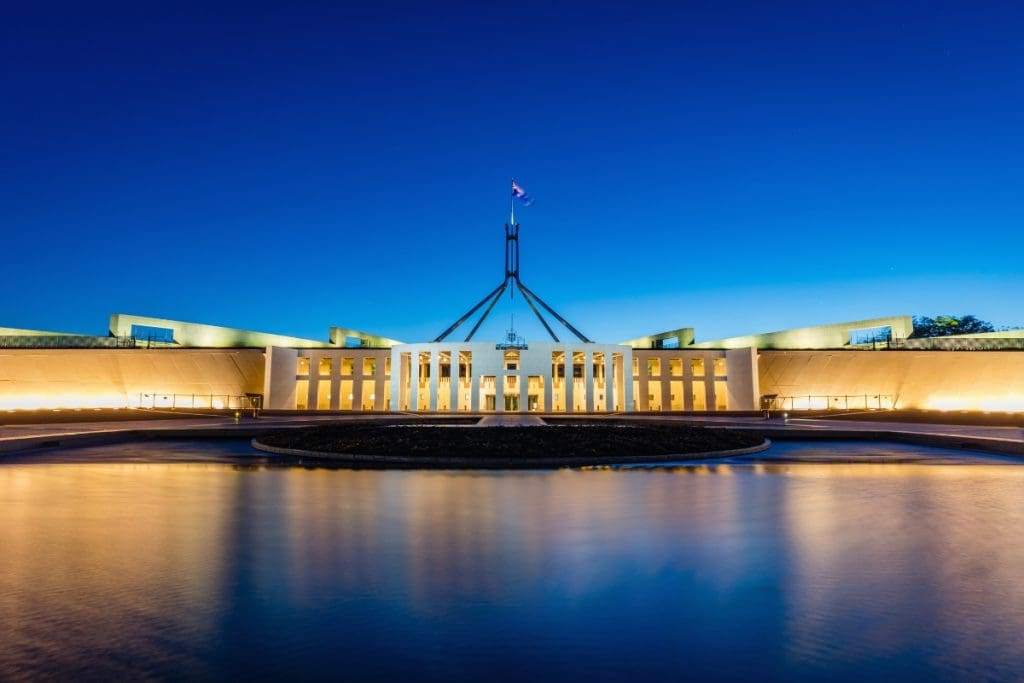The 2023 Federal Budget was released on the 9th May,2023, and it has brought along a plethora of new information and implications for various sectors, including immigration. To help you stay informed and understand the key migration changes that may affect you, we have summarized the most important details below.
Annual Migration Cap and Planning Levels
The annual migration cap remains unchanged from last year, as the government aims to maintain stability amidst the ongoing economic recovery. The 2023-24 migration planning level will be 190,000 places, with 137,100 allocated to the skilled migration stream. This decision underscores the importance of skilled migrants in the country’s workforce and the significant role they play in fostering growth and innovation.
International Students Working Hour Cap
The working hour cap for international student visa holders will be reinstated from 1 July 2023, following its removal during the COVID-19 pandemic. It will be increased by 8 hours from pre-pandemic levels to 48 hours per fortnight. International students working in the aged care sector will be exempt from the capped fortnightly work hour limit until 31 December 2023.
Temporary Graduate Post Study Rights
Temporary Graduate visa holders with select degrees will be eligible for an extra 2 years of post-study work rights to improve the pipeline of skilled labour in key sectors from 1 July 2023.
Increase in TSMIT
The Government will increase the Temporary Skilled Migration Income Threshold (TSMIT) from the current rate of $53,900 to $70,000 from 1 July 2023.
Increase in Fees and Charges
The Government will increase Visa Application Charges (VACs) from 1 July 2023. The Budget Papers indicate that Visa Application Charges will rise by between 6% and 40%, with the increases distributed across the following visa subclasses:
- Visitor, working holiday, work and holiday, training, temporary activity, and temporary work (short stay specialist) visas: 15% increase
- Business innovation and investment visas: 40% increase
- Other visas: 6% increase
Skilled Migration Program
The Skilled Migration Program will see a boost in funding, with the government allocating additional resources to streamline the visa application process. This investment is expected to reduce processing times, helping both employers and skilled migrants to navigate the system more efficiently.
Focus on Regional Migration
The government is emphasizing the need to distribute population growth more evenly across the country. To achieve this, additional incentives and supports will be provided to migrants who commit to living and working in regional areas. This focus on regional migration is designed to stimulate local economies, alleviate the pressure on metropolitan infrastructure, and create a more balanced population distribution.
International Students and Temporary Visa Holders
In light of the crucial role international students and temporary visa holders play in supporting the economy, the 2023 Federal Budget includes measures to attract and retain these individuals. The government will continue to invest in the promotion of Australia as a premier education destination, while also offering more pathways to permanent residency for eligible visa holders.
Humanitarian Program
The government has reaffirmed its commitment to the global refugee crisis by maintaining the humanitarian intake at the same level as previous years. This decision demonstrates Australia’s ongoing dedication to providing assistance and support to those in need, both within and beyond its borders.
English Language Requirements
The 2023 Federal Budget has introduced changes to the English language requirements for certain visa categories. To ensure successful integration and encourage social cohesion, the government will be tightening the language criteria for some visas while providing additional support for migrants to improve their English proficiency.
The 2023 Federal Budget has unveiled a range of migration-related updates, which will impact skilled workers, international students, and humanitarian migrants alike. As the country continues to recover from the economic challenges brought on by the pandemic, the government’s focus on attracting and retaining skilled migrants, fostering regional growth, and supporting vulnerable populations is a welcome development for the future of Australia’s migration landscape.
With many of these changes taking effect from 1 July 2023, it’s essential to speak with experts today to get your migration journey started and navigate the complex landscape of announcements and updates. Book your appointment with your migration superhero today!









